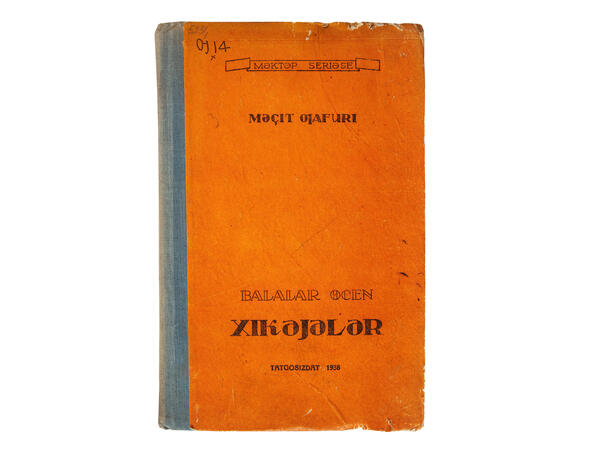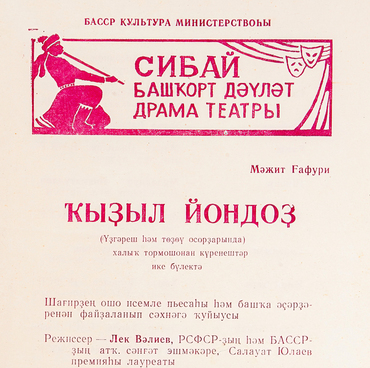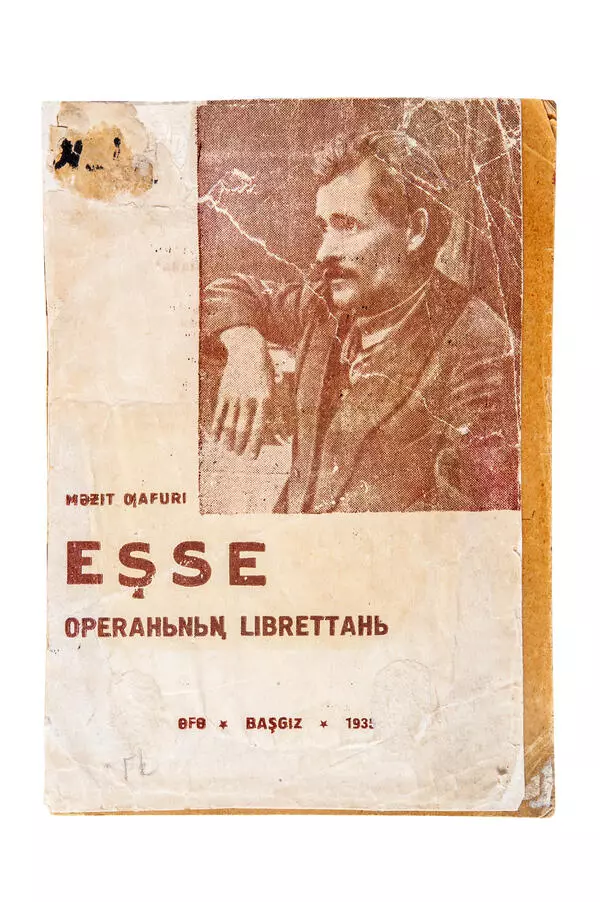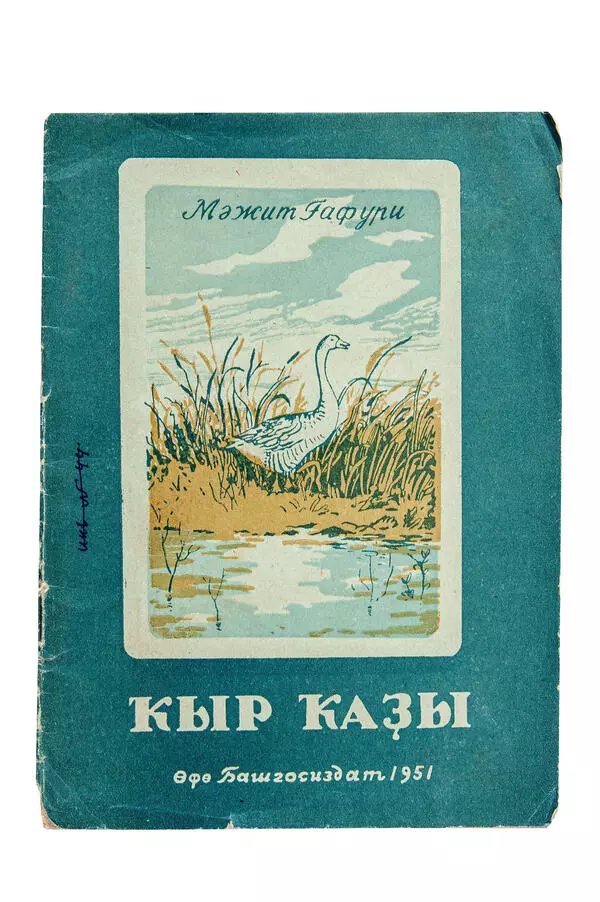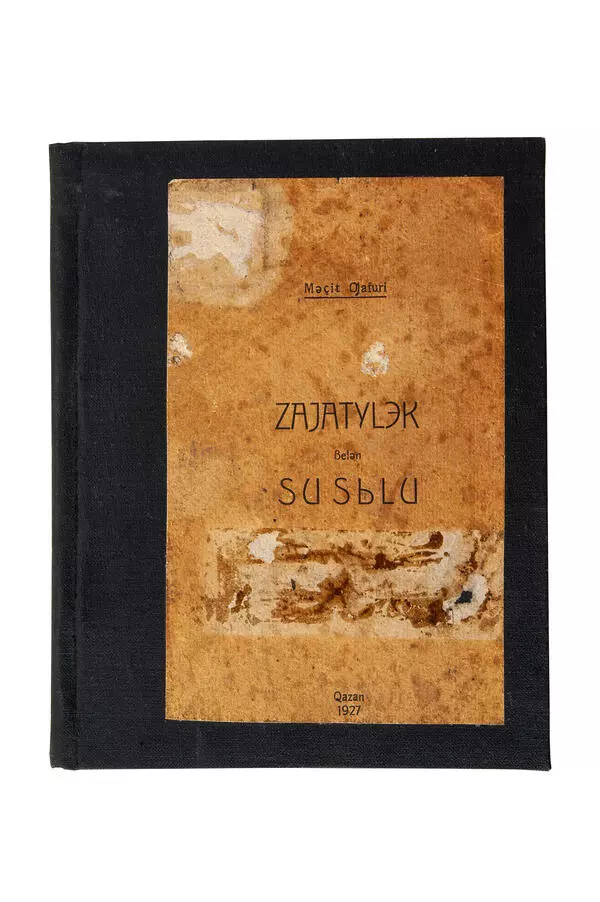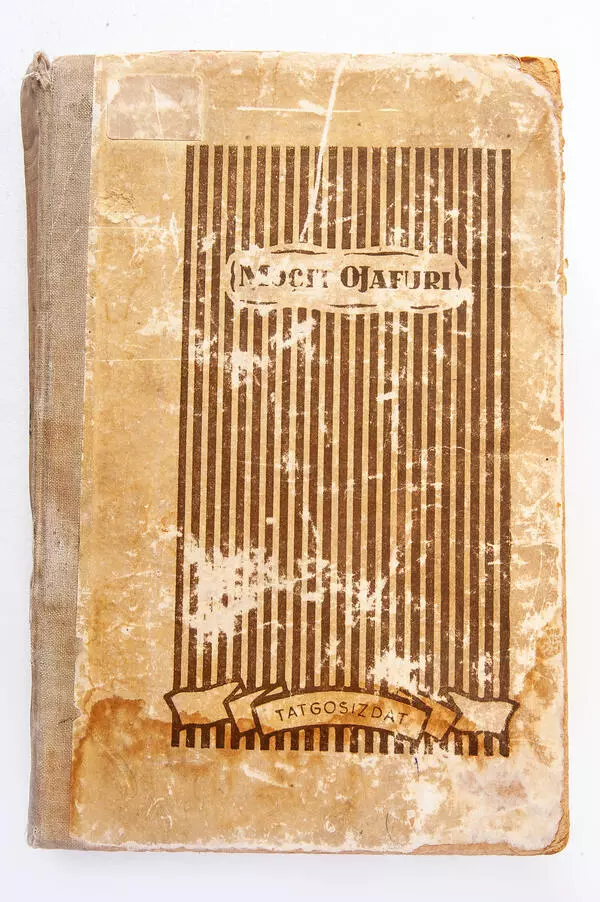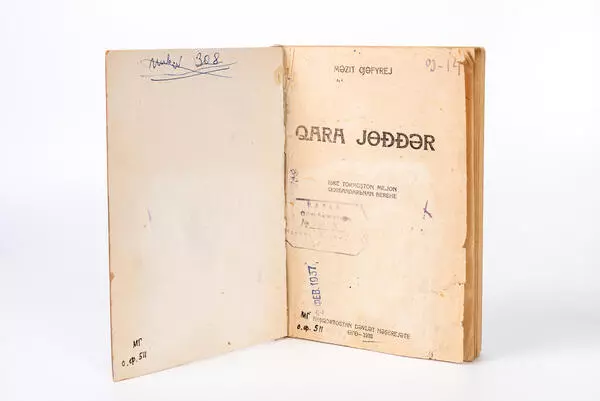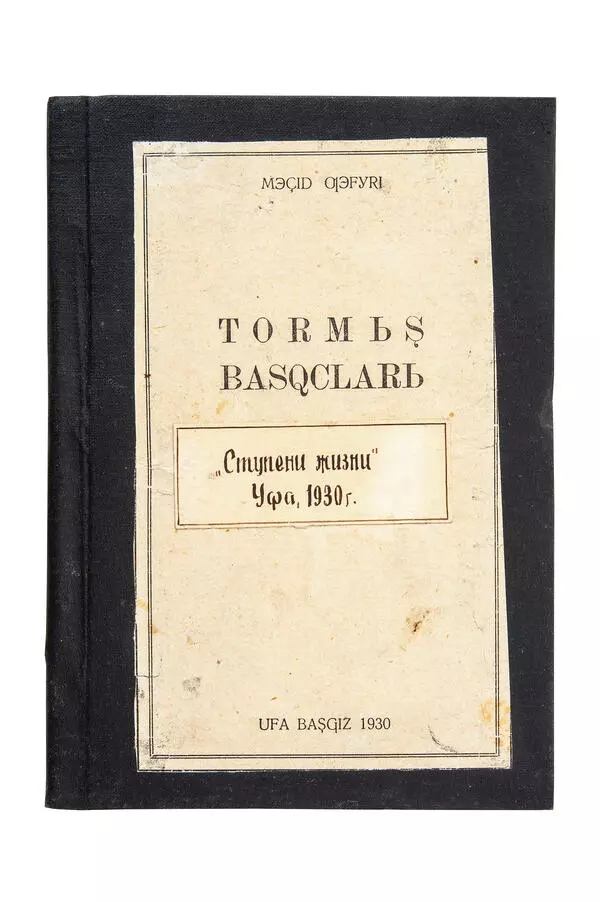The classic of Bashkir and Tatar literature, Majit Gafuri found inspiration for his works in Kazakh songs, the music of aqyns, fairy tales and legends of the Kazakh and Bashkir peoples. Many of his works were based on folklore sources. In 1923 the contribution of the poet in preservation of national values was noted by the Bashkir Central Executive Committee — Gafuri was awarded the title of the national poet of the Bashkir ASSR.
In 1938, four years after the death of the poet, the book ‘Балалар өсөн хикәйәләр’ (‘The Tales’) was published, a copy of which is stored in the House-Museum of Majit Gafuri. It includes stories ‘How our things were sold’, ‘Hired worker’, ‘Before it was difficult, now it is easy’, ‘New sickle’, ‘Wild goose’. Among them are both works aimed at an adult audience and children’s stories. Most of the adult works of the poet are about the lives of ordinary people, who are forced to live at the turn of two eras and struggle with the old ways. Children’s works introduce readers to the concepts of compassion, friendship, justice. Entire generations of Bashkirs and Tatars were brought up guided by his stories: ‘Tales of the Distant Past, ” “The Lost Aktyrnak, ” “Batrak” and others. Gafuri was a master in conveying the peculiarities of children’s psychology and world outlook.
Gafuri was a versatile author. His first collection of poems ‘The Siberian railroad or State of the Nation’ was published in 1904 in Orenburg. In the same year, a separate book was published in Kazan with his first story, ‘The life passed in poverty.’
After the revolution Gafuri, besides many lyric poems, wrote poems, stories, novels and journalistic articles on revolutionary themes. The writer sharply worried about social injustice and inequality rooted in society. His works were full of aesthetics of labor and heroism, values which guided the new Soviet literature.
In the first years of Soviet power Gafuri actively participated in the creation of textbooks for schools and prepared translations of Russian classics. In 1927 he published a popular story ‘Black-Faced’, which is considered one of his best works.
In 1938, four years after the death of the poet, the book ‘Балалар өсөн хикәйәләр’ (‘The Tales’) was published, a copy of which is stored in the House-Museum of Majit Gafuri. It includes stories ‘How our things were sold’, ‘Hired worker’, ‘Before it was difficult, now it is easy’, ‘New sickle’, ‘Wild goose’. Among them are both works aimed at an adult audience and children’s stories. Most of the adult works of the poet are about the lives of ordinary people, who are forced to live at the turn of two eras and struggle with the old ways. Children’s works introduce readers to the concepts of compassion, friendship, justice. Entire generations of Bashkirs and Tatars were brought up guided by his stories: ‘Tales of the Distant Past, ” “The Lost Aktyrnak, ” “Batrak” and others. Gafuri was a master in conveying the peculiarities of children’s psychology and world outlook.
Gafuri was a versatile author. His first collection of poems ‘The Siberian railroad or State of the Nation’ was published in 1904 in Orenburg. In the same year, a separate book was published in Kazan with his first story, ‘The life passed in poverty.’
After the revolution Gafuri, besides many lyric poems, wrote poems, stories, novels and journalistic articles on revolutionary themes. The writer sharply worried about social injustice and inequality rooted in society. His works were full of aesthetics of labor and heroism, values which guided the new Soviet literature.
In the first years of Soviet power Gafuri actively participated in the creation of textbooks for schools and prepared translations of Russian classics. In 1927 he published a popular story ‘Black-Faced’, which is considered one of his best works.

